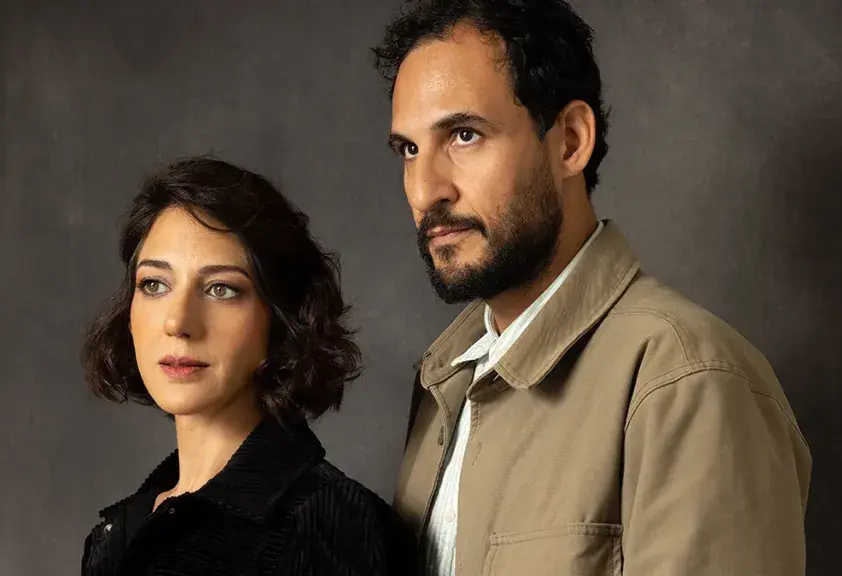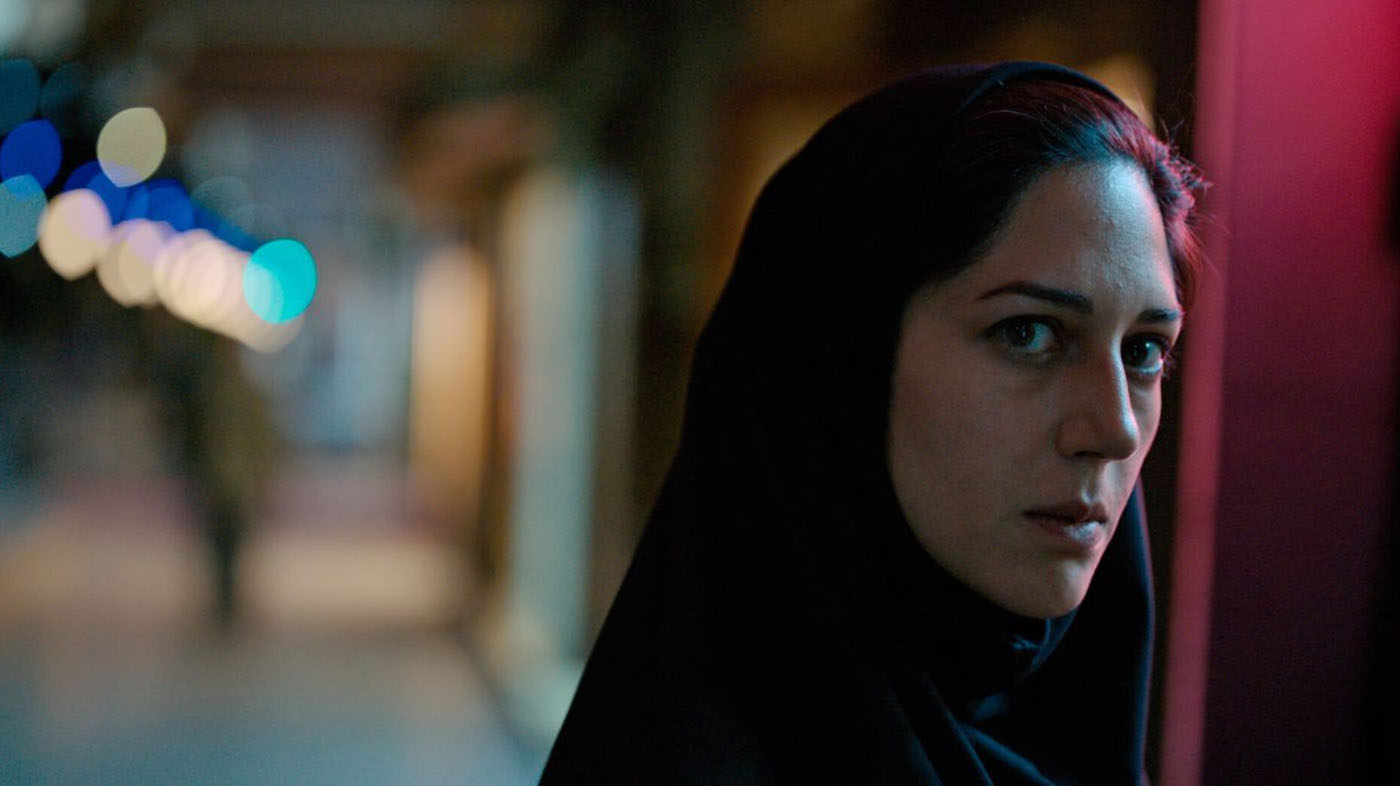We follow family man Saeed as he embarks on his own religious quest — to “cleanse” the holy Iranian city of Mashhad of immoral and corrupt street prostitutes. After murdering several women, he grows ever more desperate about the lack of public interest in his divine mission. Holy Spider (2022) is just now hitting select US theatre and is available in limited VOD.
Bavand Karim
The early scenes of Holy Spider establish a macabre tone appropriate for exploring only the most twisted subjects. Mashhad’s vibrance as a holy city is muted into a gloomy maze of alleyways. Prostitutes roam the shadowy squares and street corners just beyond the walls of the Shrine of Imam Reza. The call to prayer hangs thick in the murky air like a dirge that draws forth shrouded women resembling the walking dead.
As for the twisted subject at the heart of the film’s allegory, beyond the ostensible investigation of a serial killer, we are reminded by the numerous corpses with their bewildered expressions and by the many public officials who respond to them with indifference and disdain of the real villain behind the so-called “spider killer.” The film coldly deconstructs the brutal nature of Iran’s religious patriarchy, which is responsible for incubating, producing, delivering the social circumstances that facilitate generational cycles of emotional and physical abuse and violence against Iranian women.
Holy Spider follows a tradition of films created by hyphenated Iranian filmmakers living outside of Iran that present perspectives critical of the Islamic regime’s politics and social policies. Some call Holy Spider an Iranian film, but it was not produced or filmed in Iran. Director Ali Abbasi was born and raised in Iran, studied in Sweden, and settled in Denmark. Symbolic of his own journey, Holy Spider is a Danish-Swedish-French-German co-production that was filmed in Jordan, yet feels incredibly and authentically Iranian. It competed in Cannes last year where Zar Amir Ebrahimi won a Best Actress award, but just received a US theatrical release.
The film’s narrative is based on the true-life story of serial killer Saeed Hanaei, who murdered 16 women in Mashhad from August 2000 to July 2001. The murders were referred to as the “spider killings” by the media as Hanaei lured the victims to his home before strangling them. Because he targeted prostitutes and drug addicts, Hanaei’s crimes were praised by some religious hardliners who expressed admiration for his desire to cleanse Mashhad of moral corruption. Hanaei was caught only because one of his potential victims escaped and overcame her own fear of the authorities enough to report him. Until her testimony, authorities had done little to track down the killer or protect his potential victims.

Abbasi humanizes all sides by presenting the story from three perspectives. The narrative is introduced through observation of the victims, explored via Saeed (Mehdi Bajestani) and the dualities of his family life, and culminating in the investigation of journalist Arezoo Rahimi (Zar Amir Ebrahimi). With each turn, the film methodically peels apart religious obsession and misogyny, deliberately pacing from the murders to Rahimi’s investigation to Saeed’s capture and the subsequent trial with careful control. The stylistic influence of David Fincher is apparent in Holy Spider as Abbasi borrows cues from two of Fincher’s most acclaimed investigative thrillers, Seven and Zodiac. But these stylings feel limiting at times, reducing the poignant sociopolitical questions at the heart of the story into psycho-sexual spectacles presented out of necessity to satisfy the conventions expected from the investigative thriller genre.
There are moments when Holy Spider is uncomfortable to watch. Abbasi does not shy away from the viciousness of the murders or the pain and shame of those left to grieve the deceased. To do so would betray the film’s analytical tone and fall short of exposing the crimes for what they were — the result of the fixation and domination of religious patriarchy, underscored by a hostile indifference toward the women who dare to defy it.




